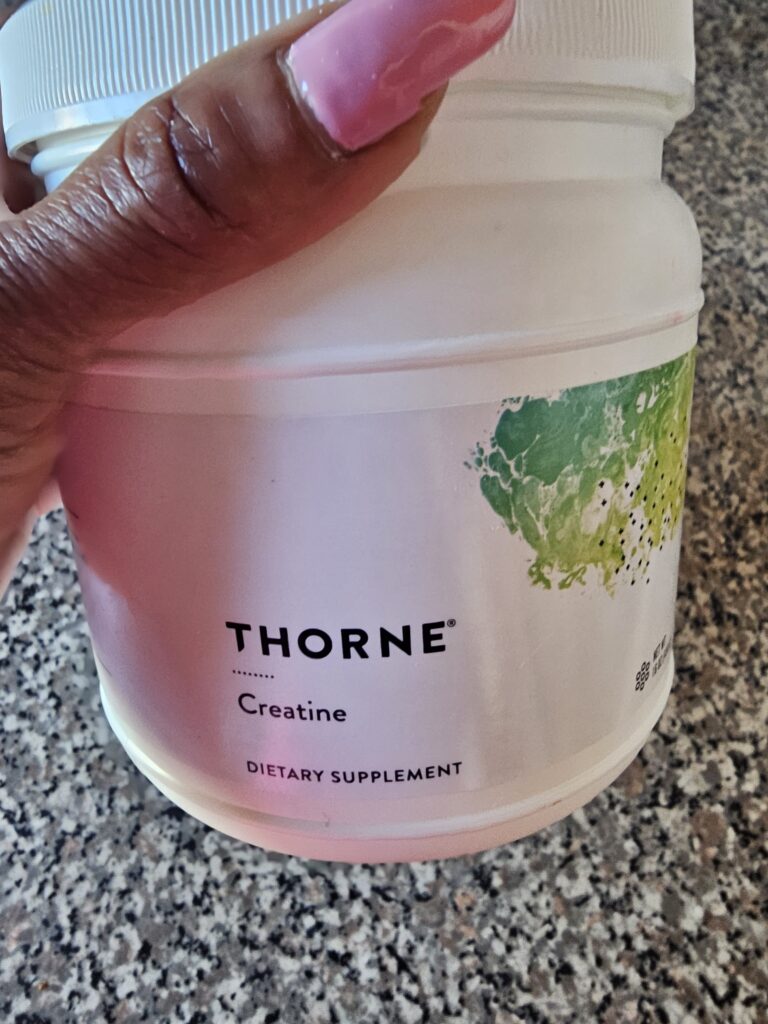September is Self-Care Awareness Month, a timely reminder to hit pause and prioritize your physical, emotional, and mental well-being.

Life can feel hectic, and it’s easy to let your own needs slide, but small, intentional daily habits can make a huge difference. Think of this as your friendly guide to nurturing balance, resilience, and joy, with insights drawn from functional psychiatry, which looks at your mind and body as a whole system.
Ready? Let’s dive into 10 daily habits you can actually stick to.
#1. 🥗 Nourish with Whole Foods
The very first thing on the list is what you consume. Eating well isn’t just about how you look… it’s about nourishing your body so you can feel good from the inside out.
A nutrient-rich diet fuels your brain, stabilizes mood, and keeps energy levels steady throughout the day. The Mediterranean Diet, packed with colorful fruits, vegetables, whole grains, nuts, and healthy fats, has been shown to reduce depressive symptoms and support overall cognitive health. (Source)

Tip: Add more omega-3s, like salmon, walnuts, or flaxseeds, to your meals—they’re brain boosters too!
#2. 😴 Prioritize Quality Sleep
Sleep isn’t optional…it’s essential.
A good night’s rest helps your brain process emotions, consolidate memories, and regulate stress hormones.

Poor sleep can worsen anxiety, depression, and even physical health. Research shows improving sleep quality can lead to noticeable mental health benefits. (Source)
Tip: Create a calming bedtime routine, dim your lights, and aim for 7–9 hours of sleep nightly. Your mind will thank you.
#3. 🏃♀️ Move Your Body Daily
Exercise isn’t just about weight… it’s about happiness. Physical activity releases feel-good chemicals like endorphins, reduces stress, and improves focus.

Even short walks or stretching breaks during your day can make a real difference. Studies show that consistent movement supports both cardiovascular health and emotional well-being.
Spending time in nature takes it even further… it’s like free therapy.
Whether it’s a quick stroll in the park, a hike, or simply walking under the trees, nature has a calming effect that indoor workouts can’t always match.
Personally, I love spending time in nature… it reminds me to slow down and reconnect with myself. 🌿

Tip: Find what you love… dancing, yoga, or a morning walk… and commit to at least 15 minutes daily. Your brain will thank you!
Here’s me soaking up the fresh sunshine… it’s my reminder that movement doesn’t just energize the body, it nourishes the soul too. 🌞✨

#4. 💊 Consider Supplements Wisely
Sometimes our diets don’t cover everything our brain needs. Supplements like omega-3 fatty acids, vitamin D, or magnesium can support mood and mental clarity, especially when paired with a healthy lifestyle.
Tip: Always check with a healthcare professional before starting supplements. Tailoring them to your unique needs is the functional psychiatry way.

#5. 💬 Engage in Positive Self-Talk (Daily Affirmations)
What you say to yourself matters. Daily affirmations can strengthen resilience, improve mood, and help you tackle challenges with confidence. (Source)

Tip: Every morning, tell yourself three things you appreciate about yourself… your strengths, your kindness, or your effort.
#6. 🧹 Declutter Your Space
Your environment affects your mind more than you might think. A messy, cluttered space can increase stress and make it harder to focus. Creating a tidy, organized area promotes calm and clarity. (Source)

Tip: Dedicate 10–15 minutes daily to tidying up one area—your desk, bedroom, or even your email inbox.
🛒 Declutter Like a Pro:
Explore my favorite storage solutions and organizational tools to create a calm, focused environment.
#7. 🧘♀️ Practice Mindfulness & Meditation
Taking just 5–10 minutes daily to breathe, meditate, or practice mindfulness can drastically reduce stress and improve focus. Mindfulness teaches you to observe thoughts and emotions without judgment, helping you respond rather than react. (Source)
Tip: Try guided meditation apps, focus on your breath for a few minutes, or even spend time with coloring books, a simple, creative way to relax your mind. Small daily practices add up!

#8. 🤝 Foster Social Connections
We’re wired for connection. Spending time with supportive friends, family, or community groups boosts happiness and protects against mental health challenges. (Source)
Tip: Schedule regular catch-ups… even 10-minute calls count! Building a “social safety net” can improve your emotional resilience.

#9. 📵 Set Digital Boundaries
Constant notifications and social media scrolling can drain your energy and increase anxiety. Setting boundaries around screen time allows your mind to rest and reset. (Source)
Tip: Try phone-free meals or a 30-minute nightly digital detox to recharge your brain.

#10. 📓 Journal for Clarity
Journaling is like talking to a friend—you get clarity, process emotions, and celebrate wins. Even writing down three things you’re grateful for daily can boost mood and perspective. (Source)
Tip: Spend a few minutes each evening reflecting on your day, expressing gratitude, or jotting down thoughts.

Mental wellness is a journey, not a destination.
These habits cover physical, mental, emotional, and environmental aspects of your life. Start small… pick one or two habits today, and notice how your mood and energy shift.
Over time, these tiny steps will create lasting positive change.

Remember: Self-care isn’t selfish… it’s essential. Take care of yourself, and watch everything else in your life thrive.
Related Post – The Power of Self-Care: Why It Matters and How to Start Today
+ show Comments
- Hide Comments
add a comment